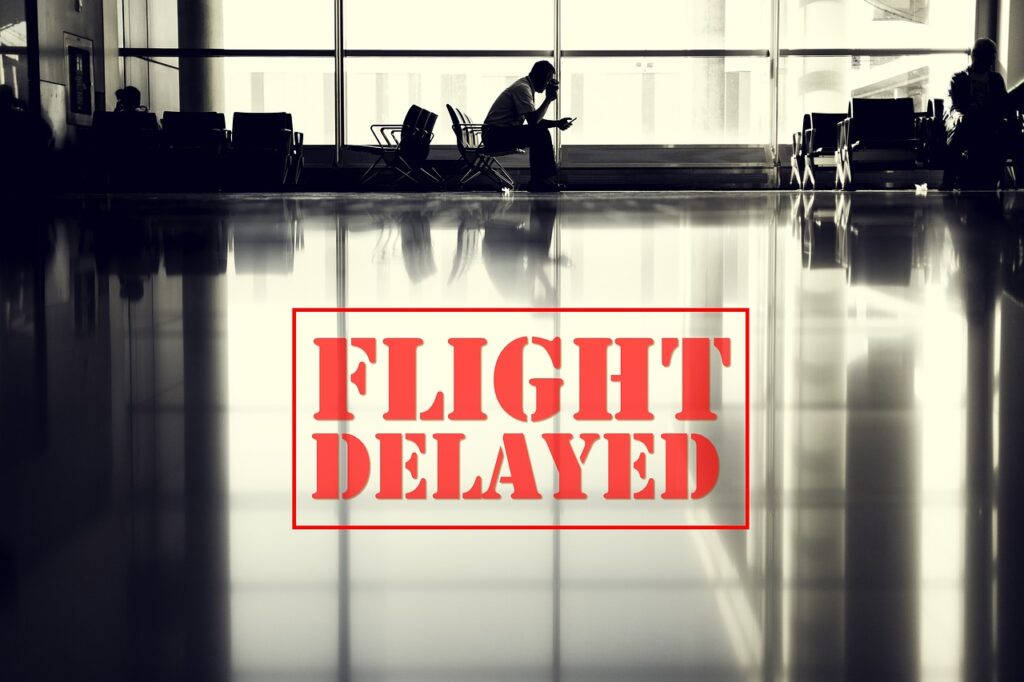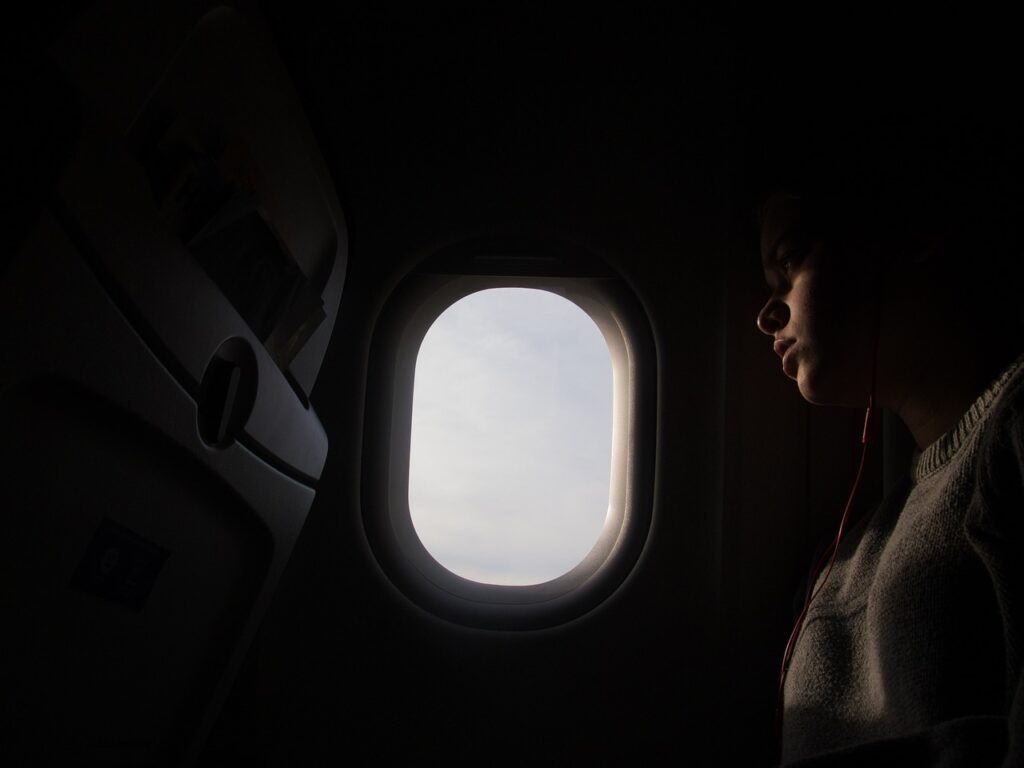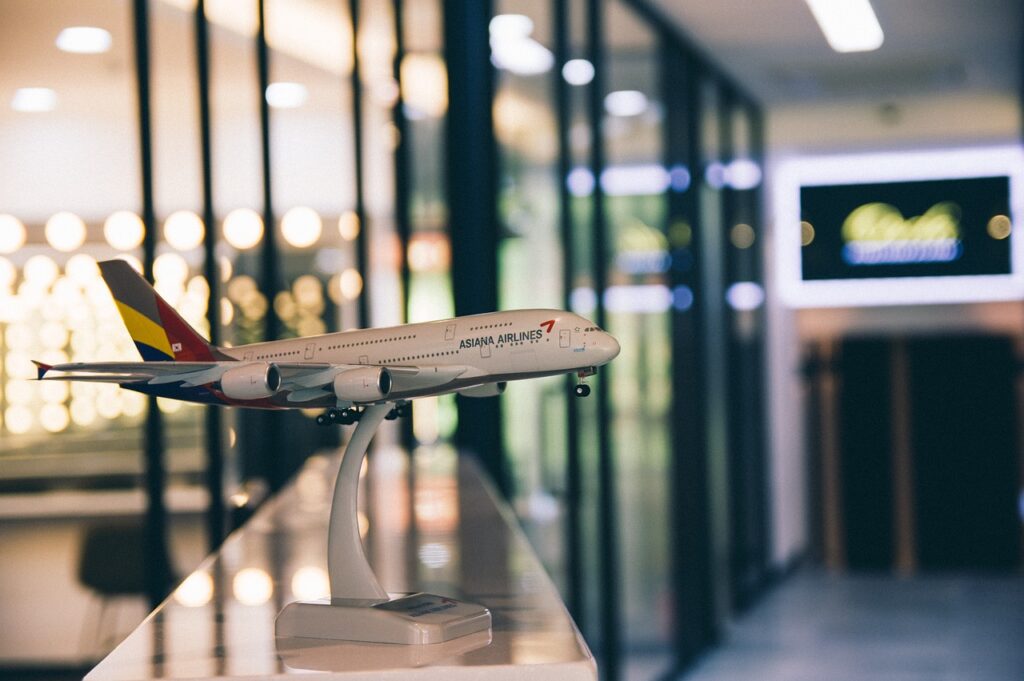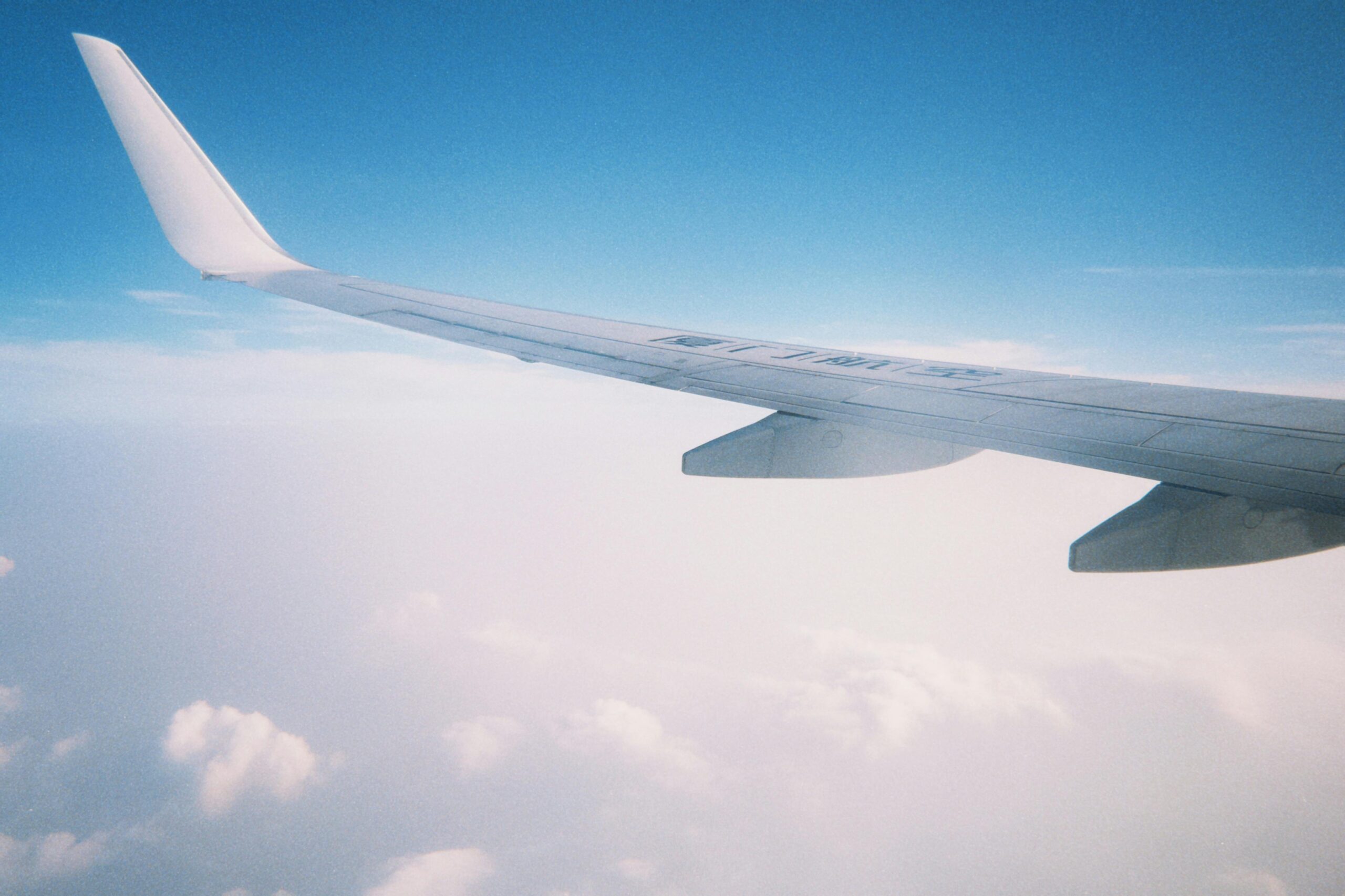Are you tired of being left stranded at the airport with little more than an apology from your airline? Relief may be on the horizon! The U.S. Department of Transportation (DOT) is proposing new regulations that could require airlines to compensate passengers with cash for significant flight delays and cancellations caused by airline-controlled issues. Here’s everything you need to know about this game-changing proposal.

What the New Rules Propose
The DOT’s proposed regulation aims to put more money—and power—back in the hands of passengers. Here’s what the plan includes:
Cash Compensation for Delays and Cancellations
- Passengers could receive cash payouts starting at $200 for delays of at least three hours.
- Compensation could rise to as much as $775 for disruptions lasting nine hours or more.
Enhanced Passenger Support
Beyond cash, airlines would be required to provide critical services such as:
- Rebooking Options: Free rebooking on the next available flight, even if it’s with another airline.
- Meals and Lodging: Free meals and overnight accommodation if your delay stretches into the night.
These measures are designed to protect travelers when delays are caused by factors within the airline’s control, such as mechanical issues or staffing shortages.

Why This Matters Now
This proposal is part of a growing push to hold airlines accountable after a surge in delays and cancellations over recent years. Travelers have long complained about the lack of compensation for wasted time and disrupted plans. The new rules aim to align U.S. practices with Europe’s highly regarded EU261 policy, which has set the gold standard for passenger rights worldwide.
What the Airline Industry Thinks
While passengers cheer the potential changes, airlines have voiced concerns. A trade group representing major U.S. carriers argues that these rules could increase operational costs and, in turn, raise ticket prices. They also point out that airlines already offer rebooking and other services voluntarily.
Despite these objections, many consumer advocates believe that stricter regulations are long overdue. They argue that clear and enforceable compensation rules will pressure airlines to minimize delays and treat passengers more fairly.
When Will This Take Effect?
The DOT is currently collecting public feedback on the proposed regulations. Once the comment period ends, the department will review the input and decide on the final rule. However, with an administrative transition looming, implementation could depend on priorities set by the next administration.

FAQs: What You Need to Know About Airline Cash Compensation
1. What counts as a “controllable” disruption?
Controllable issues include mechanical breakdowns, IT failures, or staffing shortages. Events like bad weather or air traffic control delays would not qualify.
2. How does this compare to Europe’s passenger protections?
Europe’s EU261 mandates compensation for delays of three hours or more and applies to a wider range of situations, including overbooking. The U.S. proposal is similar but has specific payout thresholds.
3. Will airfare prices go up?
The airline industry warns that higher costs for compensation could lead to pricier tickets. Advocates counter that fair compensation is worth it for improving accountability and service.
4. How can I share my thoughts on the proposal?
You can submit feedback to the DOT during the public comment period. Visit the DOT’s official website for details on how to participate.
5. When will these rules be finalized?
There’s no set timeline, but the proposal is under active consideration. Implementation could take several months, depending on the administrative process.
What’s Next for Travelers?
If this proposal is approved, it would mark a major shift in how airlines handle disruptions, putting the U.S. on par with international standards for passenger rights. Whether you’re a frequent flyer or an occasional traveler, these rules could ensure that your time and money are respected when plans go awry.
Sources Reuters


